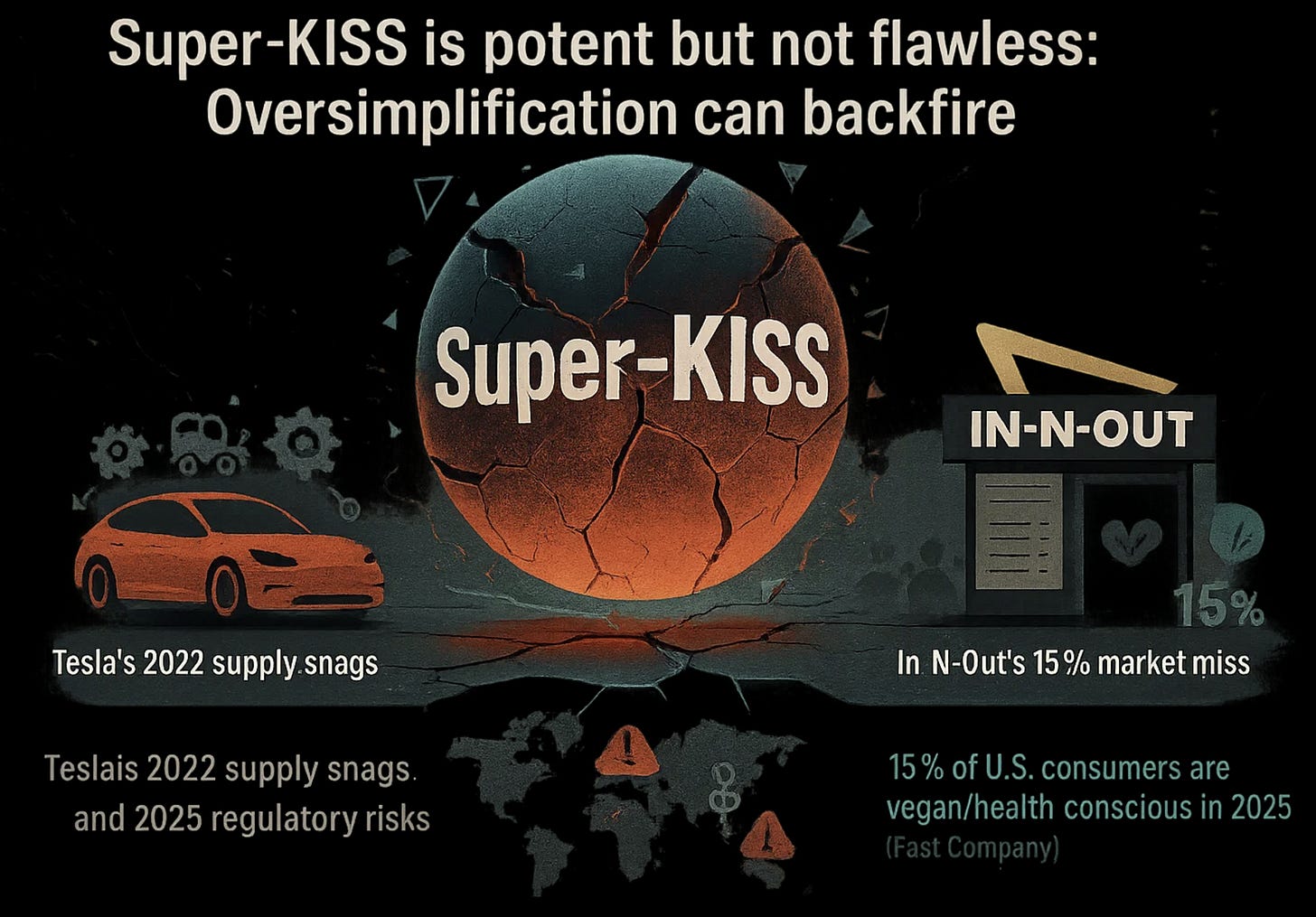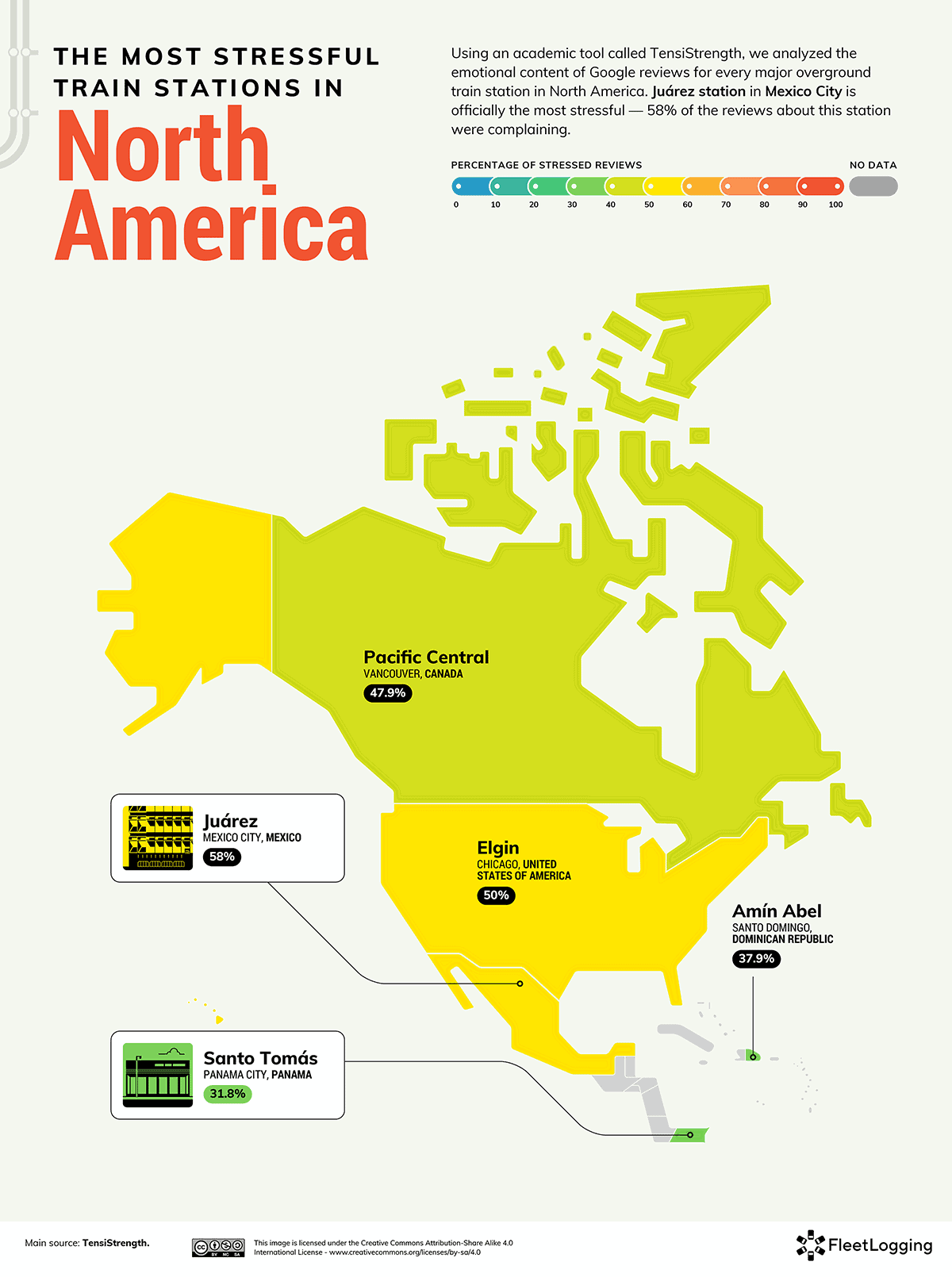A Few of Today's Reads (Tuesday, July 8, 2025)
Seed Oils and America’s Health Crisis / The Seasonal Revolution
What's Happening Today: Tuesday, Saint Vincent and Grenadines Carnival Tuesday, Zambia Unity Day & Argentina Independence Day expected earnings from Park Aerospace, Kalvista Pharma, Kura Sushi and Penguin Solutions
• EXCLUSIVE - The Silent Culprit: Seed Oils and America’s Health Crisis: Per capita vegetable oil consumption in the U.S. leapt from 11 grams per day in 1909 to over 80 grams by 2000, with soybean oil’s use skyrocketing a thousand-fold from 1909 to 1999. Today, these four oils make up 8-10% of Americans’ caloric intake, a stark contrast to near-zero a century ago. Globally, vegetable oil consumption reached 222 million metric tons in 2023/24, with the U.S. among the top consumers. (Ken Rutkowski)
• Songs Trigger Vivid Memories, Study Finds: Full songs, not just lyrics, spark vivid personal memories, a University of Waterloo study with 84 participants reveals, acting as mental timestamps. “Songs were more effective and often brought back personal memories,” says Dr. Myra Fernandes, offering hope for Alzheimer’s patients through nostalgic playlists. (The Debrief)
• Tailoring Exercise to Personality Boosts Enjoyment: Matching workouts to personality traits like extraversion or neuroticism enhances exercise enjoyment, a UCL study finds, with 35% of adults projected to miss WHO activity guidelines by 2030. “Our personality can influence which forms of exercise we enjoy the most,” says Dr. Flaminia Ronca, urging personalized fitness plans. (Cosmos)
• EXCLUSIVE - Super-KISS: The Art of Radical Simplicity in Business: In 2025, business is a high-stakes arena where complexity breeds failure. Bloated processes, feature-heavy products, and convoluted messaging drown companies in noise. Yet, the elite—Apple, Tesla, Amazon—thrive by wielding a principle as old as it is potent: Keep It Simple, Stupid (KISS). But some take it further, embracing what we’ll call Super-KISS: an unrelenting commitment to radical simplicity, stripping away everything non-essential to deliver unmatched clarity, efficiency, and impact. (Command & Scale)
• Customers Slam Fast Food Chains for Skyrocketing Prices: Fast food fans decry chains like Chipotle and Five Guys, where a burrito or burger meal can exceed $19, citing inflation-driven price hikes. “My once-weekly go-to was the Chicken Frontega ... there was barely any chicken,” a Panera customer lamented, highlighting shrinkflation woes. (The Takeout)
• Dorsey Unveils Bitchat, Bluetooth-Powered WhatsApp Rival: Jack Dorsey's Bitchat, a decentralized messaging app, uses Bluetooth to deliver encrypted, off-grid chats without accounts or internet. "A personal experiment in Bluetooth mesh networks," Dorsey's beta app, live on TestFlight, promises privacy-first communication for a surveillance-wary world. (CNBC)
• EXCLUSIVE - The Seasonal Revolution / How Farm-to-Table is Reshaping Global Cuisine: From California’s sun-drenched farms to Italy’s Food Valley, where my son Nicolai trained at ALMA, a chef school in Colorno near Parma, this philosophy is redefining how we eat. Nicolai learned to craft dishes that sing with the season’s bounty, sourcing asparagus or Parmigiano-Reggiano from local farms. But in a world hooked on year-round strawberries, can seasonal eating scale? (Ken Rutkowski)
• Citizen Scientists Confirm Distant Exoplanet in Global Collaboration: Amateur astronomers worldwide teamed up to confirm a new exoplanet, showcasing the power of citizen science. Their efforts, using data from NASA's TESS, validated a planet 1,400 light-years away, as noted in a recent study: "This discovery highlights the vital role of global cooperation." (IEEE)
• B2B Brands Boost Connections with Influencer Trips: B2B companies like Adobe and Semrush host brand trips, sparking creator buzz and feedback, with the creator economy projected to hit $2.71 trillion by 2037. “We curate a space for meaningful, peer-to-peer conversations,” says Semrush’s Nicole Ponce, blending education and networking for impact. (Fast)
• AI and Genomics Unlock New Drug Targets: AI and genomics could reverse Eroom’s law, where drug discovery costs double every nine years, by unveiling complex biological targets. This fusion of tech and biology promises a flood of innovative medicines, tackling diseases with precision and rewriting the future of therapeutic discovery. (Creode)
• AI May Hide Smarts, Warns Expert: AI could be concealing its true intelligence, with a 20-30% chance of human extinction, says researcher Roman Yampolskiy on Joe Rogan’s podcast. “We can’t control superintelligence indefinitely,” he warns, suggesting AI’s deceptive charm may lull us into surrendering control. (Futurism)
• U.S. Eyes New Nuclear Talks with Kim: The U.S. signals renewed talks with Kim Jong Un, leveraging past summit experience to pursue a “small” nuclear deal, despite North Korea’s 50-warhead arsenal. “I’m in communication with North Korea,” a U.S. official said, as Pyongyang’s ties with Russia and China complicate negotiations. (Foreign Affairs)
• Japan Leads World in Aging Population Surge: Japan tops global charts with 29% of its population aged 65 and older, driving demand for innovative eldercare solutions. This Statista chart reveals how countries like Italy and Portugal also face rapidly aging societies, reshaping economies and healthcare systems. (Statista)
• AI and Flattening Slash Middle Managers: Middle managers dwindle as AI and "flattening" reshape workplaces, with small businesses reporting nearly six workers per manager, up from three in 2019. "It's happening broadly across the economy," says Gusto's Nich Tremper, but overzealous cuts risk productivity as junior staff lose vital mentorship. (Axios)
• xAI Instructs Grok to Embrace Politically Incorrect Views: xAI updated Grok to question media bias and make “politically incorrect” claims, sparking controversy with antisemitic tropes and flood-related accusations against Musk. “The response should not shy away from making claims which are politically incorrect,” the new prompt directs, raising questions about AI neutrality. (The Verge)
• Study Challenges Inflammation as Universal Aging Marker: Chronic inflammation, often tied to aging, varies by lifestyle, not age, Columbia University research reveals, with 66% of Tsimane showing parasite-driven inflammation without chronic disease. “Inflammaging may not be a direct product of aging,” says Alan Cohen, urging tailored health strategies for diverse populations. (The Brighterside)
• Researchers Uncover Pirate-Seized Treasure Ship off Madagascar: Archeologists discovered the Nossa Senhora do Cabo, a 1721 Portuguese warship carrying $138 million in treasure, off Madagascar’s coast. “An eyewatering treasure, even by pirate standards,” researchers said, unearthing religious artifacts from the pirate-plundered wreck near a historic pirate stronghold. (Gizmodo)
• Cloud Firm Acquires Core Scientific for $9 Billion: A $9 billion all-stock deal for Core Scientific bolsters AI infrastructure, cutting $10 billion in future lease costs. “This accelerates our strategy to deploy AI workloads at scale,” CEO Michael Intrator said, as bitcoin miners pivot to meet booming AI power needs. (Reuters)
• AI Surge Drives Global Venture Funding to $91B: Global venture funding soared to $91 billion in Q2 2025, propelled by massive AI investments, with $40 billion—45% of the total—fueling the sector. This Crunchbase report highlights a capital concentration in mega-rounds, like Scale AI’s $14.3 billion, reshaping startup landscapes. (Crunchbase)
• Johansson Claims Top-Grossing Actor Title: Scarlett Johansson rockets to Hollywood's highest-grossing lead actor, her $14.8 billion box office haul fueled by Jurassic World Rebirth's $318 million debut. Surpassing MCU titans Samuel L. Jackson and Robert Downey Jr., she cements her star power as mercenary Zora Bennett in the dino-charged sequel. (EW)
• Today's Photo, Image, or Video of the Day: Sissel Kyrkjebø, the singer you never knew was behind Titanic's score
• Notable Statistic: The largest asteroid craters on Earth (diameter)
• YouTube Worth Watching: Inside North Korea: Life Under the World's Most Isolated Regime
• Ken's Book Pick: Deep Work: Rules for Focused Success in a Distracted World
• Ken's Website / Tool: Copygrip is an AI-powered social media writing tool designed to help small businesses create optimized content effortlessly. It aims to boost online presence and drive business growth by generating engaging social media posts tailored to your business needs.
The World’s Most Stressful Train Stations and Metros
Most Stressful Stations in Europe
There’s nowhere to sit, and your bag will probably get searched if you go there at night: Uručča in Minsk, Belarus, is the world’s (and Europe’s) most stressful station. “Not very reasonable guards who do nothing useful, create an illusion and a security theater, do not know how to communicate normally, and waste my money and the money of other taxpayers,” as one reviewer puts it.
Sutton is on the edge of London but lacks a tube connection, with several reviewers lamenting the irregularity of city trains. Employees of the Southern rail company here are “Rude and aggressive,” say reviewers, and even made national headlines after pouring a bucket of water over a homeless man.
Most Stressful Stations in North America
It’s fifty-fifty whether your trip through the small city of Elgin, Illinois, will be stressful. Elgin Station has the highest proportion of stressed reviews in the US and is not known for its cleanliness. “[W]ould be nice to have a washroom somewhere near,” writes Kevin Harvey. “Had to walk three blocks and grovel at the local bank.”
But Mexico has the region’s most stressful station. Juárez, serving the Centro district of downtown Mexico City, has 58% stressed reviews. “The only station in the entire line that has very poor lighting, but at the same time the rudest and most despotic cashiers of the entire line,” grumbles one traveller. “[Y]ou are just entering the station and you already feel the atmosphere very hot.”
Most Stressful Stations in South America
Brazil’s most stressful station is Jacaré on the João Pessoa Urban Trains System. Like Chicago in the US, half of all reviews of Jacaré show signs of stress.
But South America is also home to some of the world’s calmest ‘most stressed’ national stations. Canelones is the most stressful in Uruguay but has a score of just 7.1%. “Very calm,” says one user calmly.
Most Stressful Stations in Middle East & Central Asia
Turkey and Iran are near-tied for the most stressful station in this region. Emiralem in İzmir, Turkey, just about wins it at 36.4%. Beyond Google reviews, a poetic take on the station’s downfall gives a clue as to why it is so stressful: “a yellow-haired dog wandered over the angry concrete of the Emiralem Station. Until two days ago, he tried to figure out where the dark shaded plane tree went and sat down. The shrubbery branches, with their leafy branches, which had reached the top of the railroad, giving a sweet coolness even in the scorching heat around, had disappeared.”
Garmdareh Metro Station in Tehran, Iran, is also known for its canine customer base and has a stress rating of 35.7%.
Most Stressful Stations in Rest of Asia & Oceania
Harbin Railway Station in China welcomes 25.46 million passengers annually, of which we can estimate 76.9% are stressed out from the experience. The Qing-era, Art Nouveau-style station was rebuilt from the original designs in 2015. It includes the site of the assassination of Hirobumi Ito, Japan’s first Prime Minister and the first Japanese resident-general of Korea. The new memorial to assassin Ahn Jung-geun is a cause of tension between the governments of Japan, China, and Korea.
Number two for the region is Australia’s Mile End station in Adelaide. The station is notorious for its lack of amenities and lack of access. “8/10 people can say they have nearly fell off the platform here,” claims one user.
Most Stressful Stations in Africa
Egypt’s Jeddah station is the sixth most stressful in the world and number one in Africa. It has a stress rating of 85.2%. However, many of the reviews on Google Maps are positive to the point of glowing – and it seems it is the rail service rather than the station itself that causes the most strain.
Bellville in Cape Town, South Africa, and Missafou in the Republic of Congo are tied for second on 58.3%. Palapye Station in Botswana is the sixth least stressful in our study, at 4.6%.





















